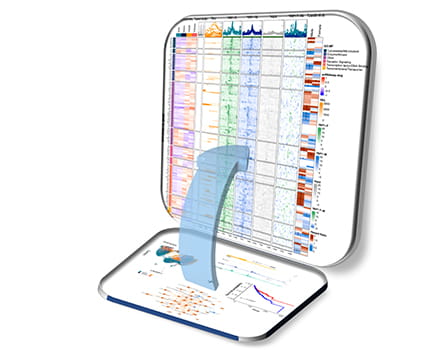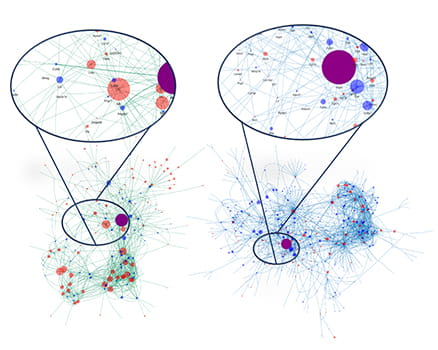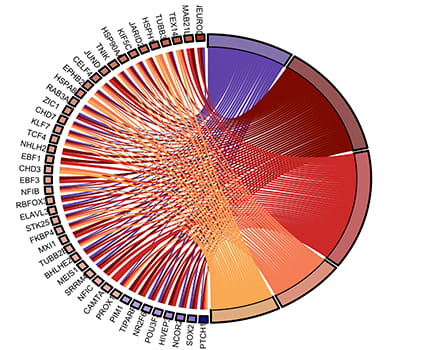Yun Lab
About Our Lab

The Yun lab focuses on elucidating mechanisms that regulate therapy resistance and tumor recurrence in brain cancer with a goal of develop new therapies for glioblastoma and medulloblastoma patients. Our observations over the years and new knowledge in the field indicate that cell:cell communication and tumor microenvironment play major roles in modulating cancer stem cell maintenance, immune evasion, and therapy response. To identify cell-intrinsic and -extrinsic factors that control cancer stem cell proliferation, survival and differentiation, we develop and utilize genetically engineered mouse models, patient derived xenograft (PDX) models, primary tumorsphere cultures, and organotypic tumor slice cultures.
Areas of expertise:
- Cancer stem cells
- Glioblastoma
- Brain cancer
- Medulloblastoma
- Targeted therapy
- Diagnostic device
- Signaling pathways
Watch our TED-Ed, "Why is it so hard to cure cancer?"




